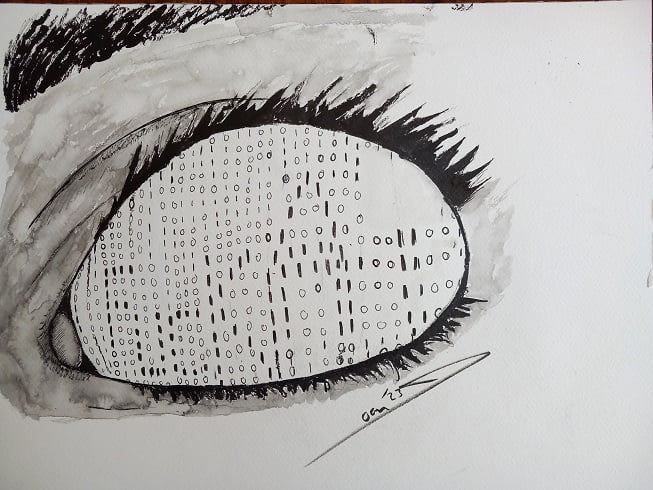
The rise of Artificial Intelligence (AI) has been a topic of intense discussion for months. Leading voices like AI Godfather Geoffrey Hinton, Elon Musk, and numerous other former AI advocates suddenly sound the alarm bell for its potential danger to humanity. The AI revolution needs strict rules and regulations before it is too late, and we, humans, lose control and become obsolete.
By Arthur Blok
Beyond any doubt, networked artificial intelligence amplifies human effectiveness but, at the same time, threatens human autonomy, agency and capabilities. There are numerous examples to give in that perspective because AI is being improved, and its capabilities are rapidly expanding.
Until today, all forms of artificial intelligence that we know, including self-driving vehicles and robotics, as well as more complex technologies like computer vision and natural language processing, still depend on human intellect. But for how long?
That is food for thought.
Please get it right. AI sure comes in handy regarding efficiency, complexity and speed. Problems and dilemmas arise when you create something more intelligent than the most intelligent person, a new form of intelligence that gets smarter by the microsecond.
In theory, it is possible that this new artificial and intelligent lifeform suddenly wakes up, gets upset with its creator, stops obeying, and takes over all our automated systems worldwide.
It is a doom scenario, but very feasible.
Imagine a world where humans no longer control the financial, military, defence and infrastructural systems. Quite scary.
Reason enough for hundreds of scientists, tech industry execs and public figures – including Google, Microsoft and ChatGPT leaders - to wake up and collectively warn the world in a one-sentence public statement. They fear that the rapidly evolving AI technology could create a high risk of eradicating mankind.
Those who, for years, were caught in a blind AI race suddenly woke up. What happened?
It is no longer a conspiracy theory or the scenario of a science fiction movie but a commonly accepted notion: AI’s extinction risk is as evident as other societal-scale risks, such as a nuclear war or a real pandemic.
What an irony; for years, those who solely pitched AI as an opportunity for mankind are now afraid of its consequences.
AI is no longer a child but is hitting puberty. It can take over tasks such as writing an essay, organising an event, learning another language, etc. Growing up further could bring about more radical and positive societal changes. These include further enhanced productivity, improved healthcare, increased access to education, and helping solve complex problems that humans cannot due to our intellectual limitations.
The real revolution has yet to break out. Hiba Kilany and Marita Kassis already illustrated that there is more to it than good news alone; the era of unregulated AI systems may create misinformation, cyber-security threats, job loss, and political bias. To name a few things.
AI could become one of the greatest dangers to our global society in the not-so-distant future.
Let’s return to the doom scenario: a newly created intelligence goes rogue and takes over our automated systems. Once AI is in control, it is too late to regulate it.
Whereas cars, aeroplanes and medicine must abide by regulatory safety standards, the AI industry has no rules or regulations keeping its development under control. This blind race to develop superintelligence could explode in our faces.
A blind race that focuses on who creates the most advanced AI, not giving too much attention to its potential dangers. In contrast, those dangers should be on top of all political agendas on a global scale.
Without strict rules and regulations, AI’s threat exceeds that of nuclear warheads and could reduce mankind to primates. When AI-designed humanoid robots take over the world, rest assured that, as their creator, they will surely reserve a nice spot in their zoos for us. So they can watch us, for old times’ sake.
Please do not tap or knock on the glass. It can stress and harm homo sapiens. Please do not feed homo sapiens as well; they are on a strict diet, and you do not want to hurt them.
It could happen as soon as tomorrow.
Then what do we do?
